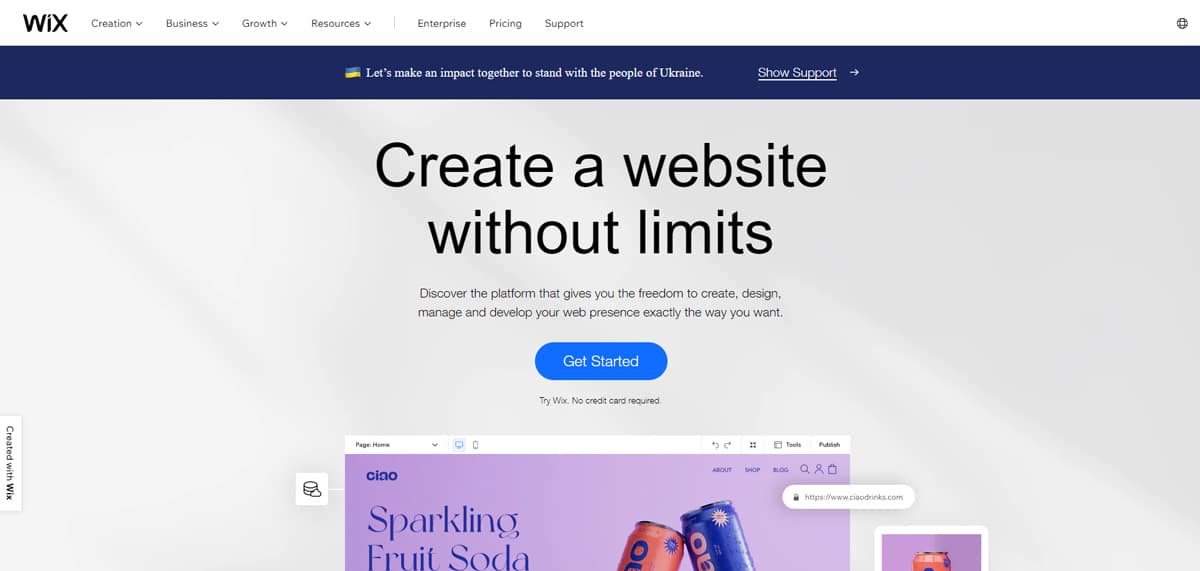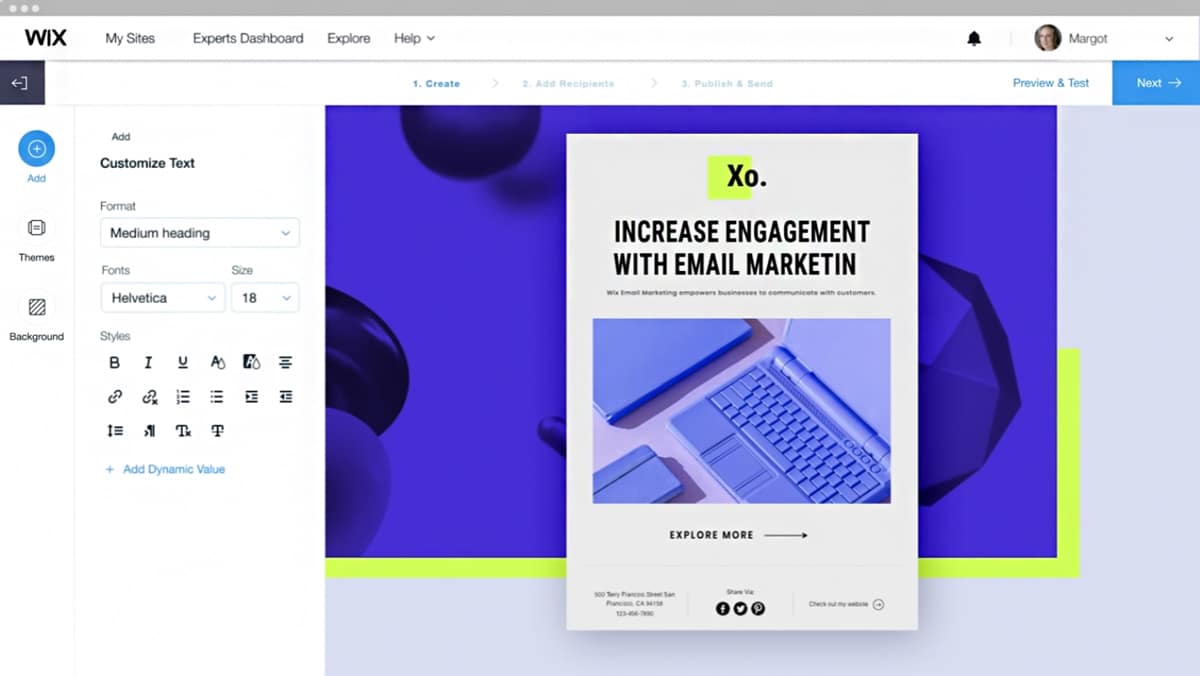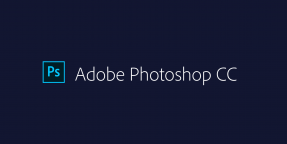What is the Difference Between a Blog and a Website?
Internet terms can often cause a lot of confusion among new users, and the differences between a blog and a website shine right in the middle of the very fundamental problems beginners face. But don’t worry, you’re not alone!
Many people starting their journey on the internet do not understand the technicalities. This lack of knowledge can affect how far you can go toward your digital success. After all, It’s always better when you fully prepare yourself.
Whether you plan to start a blog or decide to spend money building a website, you should know the differences between the two. It is guaranteed that by the end of this article, you will fully understand the purposes of each one and decide which one can get you closer to your goals.
Table of contents
- What is a Blog?
- What’s the History of Blogs?
- Who Runs the Blogs?
- Why do People Start a Blog?
- Blogging Platforms
- Advantages of Blogging
- How to Make Money with Blogs?
- Famous Blogs
- What is a Website?
- What’s the History of Websites?
- Why do People Start a Website?
- Website Builders
- Advantages of a Website
- Famous Websites
- A Website and a Blog May Seem Similar, but What Sets Them Apart?
- Which One Is Better: A Blog or a Website?
- Conclusion
What is a Blog?

A blog is an intuitive, informational web page or website containing explanatory content on a particular subject. This content is often called “Blog Posts,” and it is displayed in reverse chronological order so that the latest posts are always available at the top of the page.
Blogs manifest an ideal environment for users to share their points of view and discuss a particular subject. A comment section is usually designed specifically for that matter, so everyone can share their thoughts and debate various topics.
What’s the History of Blogs?
Blogs were first created as the digital form of diaries and journals back in the 90s, and they were called a “Web Log.” People used them to share regular updates on their thoughts and personal experiences and discuss social situations.
Over time, “Web Log” evolved into Weblog and, ultimately, “Blog” as we know them. These days, blogs are considered powerful content-creation tools that can help spread information and creativity.
Who Runs the Blogs?
Bloggers do! Individuals or small groups generally create blogs to collect and present information on a specific topic. Almost every company worldwide also uses this great tool to develop engaging content or share instructional information on their products or services.
Nowadays, anyone worldwide can create a blog with very little technical information. People can create blogs to create journals, write product reviews, share opinions, discuss any form of communication, promote products or services, and so on.
Why do People Start a Blog?
Let’s examine some of the factors in detail that lead so many people to take blogging seriously:
Promote a Business
As mentioned before, blogs are informative web pages that can provide all sorts of information. Businesses have always used blogs to exhibit additional product and service information by using tutorials and comparison articles.
In addition to increasing website traffic, this also gives clients additional information about the company, which enhances the brand’s reputation. The added value helps customers trust you more often, gradually leading to more sales and expanding the business.
Rank Up
Keep your blog keyword-oriented, regularly updated, and loaded with internal and external links. You can use it to get a better ranking on different search engines, especially Google. Therefore, many businesses use blogs as a part of their main website to rank higher in search engines.
Why should you care about ranking high in search engines? Statistically speaking, the first page of Google captures up to 92% of web traffic, and the top 3 Google search results get 54.4% of all clicks. Simply put, you must rank higher in search engines to ensure digital success.
News and Information
There are a lot of blogs that share valuable pieces of news about several topics. Adding information to your blog helps in several ways. Firstly, it keeps your blog posts updated. Sharing news doesn’t require creating original content, so it saves a lot of time while adding value to your blog. Secondly, news and factual information are attractive to a broader audience. Therefore, it causes more engagement and attracts more and more people to your blog.
Entertainment
Entertainment-related topics are very broadly liked and usually generate a lot of engagement. People can efficiently use blogs to discuss music, movies, games, and art. This way, users will spend more time on your blog reading your posts, leaving comments, and creating a social community of like-minded people.
A loyal community that interacts with your blog opens the door to unlimited opportunities for you to make more of your digital presence. Eventually, what seemed like a time-consuming hobby becomes another way for you to make a living online.
Personal Reasons
The main reason blogs became super popular from the very beginning was that they seemed like a digital equivalent of journals and diaries, and people have ever since spent hours sharing their private thoughts on blogs.
Humans are naturally curious beings. So, at some point, it became clear that people are always interested in discovering what goes on inside someone else’s mind or life. Whether starting a family, going to college, changing careers, or searching for true love, people are always interested in reading about it.
Blogging Platforms
Due to the growing desire to publish content on the web, several tools have started to appear exclusively designed for writers to publish articles and share opinions. These so-called “Blogging Platforms” made it possible for non-technical users to also have a hand in blogging.
Blogger

It all started when blogger.com was launched in 1999 by Pyra Labs. It appeared to be such a successful idea that Google acquired it in 2003. Blogger has received several significant updates and is now an utterly free blogging platform offering every feature a writer needs to make the most out of creating content online.
WordPress

In the same year that Google acquired blogger.com, another blogging platform was released by two geniuses to contribute to the exact cause. WordPress showed so much potential that it is now the most popular blogging platform powering over %40 of all websites.
If you’ve decided to blog using WordPress, make sure to check out the best WordPress blog themes.
Squarespace

Understandably, the number of companies and developers who wanted to create the ideal blogging platform continued to grow. So, released in 2004, Squarespace brought pure beauty into blogging. Artistic-minded bloggers passionate about illustration and photography have found the platform exceptionally useful over time.
Wix

In October 2006, Wix was released to compete with other powerful blogging platforms. Wix helps beginners create a blog that looks like it was designed by professionals and is highly regarded as one of the most accessible blogging platforms. Hundreds of online tutorials can help you get the gist of how to work efficiently with such platforms.
Advantages of Blogging
Blogs offer many tools and features, so people use them for several purposes. Here are some benefits of blogging regularly:
- Exhibit your talent, skills, and ideas. You can easily use blogs to create a portfolio and demonstrate your potential as a writer, designer, etc.
- Find and socialize with like-minded people that share your interests.
- Many use blogs to earn money by advertising, promoting products/services, etc.
- You can use a blog to boost the traffic to your website and engage with more people.
- Companies and agencies use blogs to rank higher on search engines.
- Non-profit organizations can use blogs to raise awareness and influence people.
How to Make Money with Blogs?
Many people still think of blogs simply as a hobby, a personal journal, or something you can never make any money from, but it’s not true. Blogs can help you attract an audience, and you can always make money when you have an audience. Here are just a few methods that can help you to make money with blogs:
- Ads: When you have a blog that attracts a particular group of people, sellers trying to target those people will most definitely want to display ads on your blog.
- Affiliate marketing: This is another way you can make money on blogs. You already have a group of people who read your posts and share your thoughts and interests. This audience gives you a great chance to become an affiliate of different companies and agencies and earn a commission on any product or service you sell through your blog.
- Exclusive Information: If you’re sharing information that is hard to find anywhere else on the web, you can earn money through memberships and subscriptions.
- Online Courses: It’s always a good idea to sell your skills! Blogs are an excellent place to post online courses and sell them to your audience.
- Sell Online: You can grow your blog into a small store and sell niche-related products to earn extra money.
Famous Blogs
Many blogs are available online, and some have been more successful than others. Here are some of the most popular blogs:
- Colorlib: Colorlib is the most famous blog for learning more about WordPress. WPBeginner will be in the top 5 search results if you search for any WordPress-related topics.
- The Verge: If you’re looking for mind-blowing tech guides, The Verge is your go-to blog. It’s one of the most successful tech-related blogs.
- Hubspot: If you’re looking for better ways to engage with your audience, then Hubspot is the blog you shouldn’t miss.
What is a Website?
A website is a collection of web pages that exhibit several forms of content under one domain. Powerful servers then host websites that allow the pages and the content to be accessed from all over the world.
Although websites have a broad range of applications, they’re usually used to provide information about a company or an organization. The audience can surf through the pages and learn about anything promoted on that website; it’s like reading the brochure!
Nowadays, individuals, businesses, agencies, and even governments all use websites to express some form of information.
What’s the History of Websites?
Websites have been around for more than three decades and have traveled an exceptionally long way since their invention. The first website with only a few lines of text was created by CERN, the European Organization for Nuclear Research.
Later, with the first search engine developments, first landing pages, and further enhancements of JavaScript, and Adobe Flash, websites gradually evolved into what we currently know them as.
Why do People Start a Website?
Websites are like advertising brochures or business cards; they can create a trustworthy digital presence for all brands worldwide, which is essential for every business. Let’s take a deeper look at why having a website is a big deal these days:
Promote a Business
From small agencies to giant corporations, all can benefit from a solid online presence. Websites offer valuable information about companies, their products, services, and more. All of these can add to the brand’s credibility and boost sales.
Many businesses still don’t understand that most potential customers visit their website before making a purchase. A robust online presence can build more trust and generate more revenue.
Digital Marketing
The internet allows you to access people from all over the world at a meager cost. Websites let you override the physical limits of a company and reach out to new horizons. With the help of websites, all businesses can grow outside of international boundaries.
You can use this opportunity to target multiple audiences from different cities, countries, or continents. So, why limit yourself to your local customers when you can go global?
Social Availability
Many websites were created with hopes of helping people connect from around the globe; Facebook, Instagram, Twitter, and LinkedIn are a few examples. Ultimately, these social channels outgrew their original purposes and are now a permanent part of everyone’s lives.
These days, social media is a valuable tool for businesses as well. You can explain your brand’s story, share tutorials, and boost sales using these platforms’ many features. Social channels, like your personal website or blog, also help build your digital presence.
Forums and Online Education
The volume of information available online cannot be quantified. So, many communities, forums, and educational websites gradually emerged that people could use to gain a lot of knowledge.
The best part about these communities is that they’re very economical to create. Therefore, they charge zero to very little money to join. Who wouldn’t enjoy learning at these rates?
Entertainment
Websites are used for entertainment, probably more than anything else. Websites such as YouTube, Spotify, and Netflix have millions of active users worldwide who spend hours every day surfing through their content.
Multimedia has always had a lot of social power. Websites like YouTube help people take advantage of this impact to create a form of digital influence on the web.
Website Builders

A website is a unique digital presence that can truly represent your organization. Consequently, not long after developing the very first website, website builders started to appear.
Just like blogging platforms, these website builders were designed to allow users to create professional-looking websites without having technical knowledge.
1. WordPress

Despite being created initially as a blogging platform, WordPress has undergone countless updates to become one of the most powerful website builders. Nowadays, you can use this free platform to create every form of website you’d like to have.
Since there are many options available for users, we recommend taking a closer look at the reasons for using WordPress for your website. On top of that, don’t forget to check out the most popular WordPress themes in 2022.
2. Squarespace

One of the popular website builders, Squarespace comes with a ton of useful features. You can create all forms of websites with a friendly drag-and-drop editor. Squarespace is known for its many minimalistic templates that give every website a modern, shiny look.
Here are the 30 most gorgeous websites using Squarespace.
3. Wix

With one of the largest template libraries, Wix is an all-in-one website builder that has it all. There are more than a thousand templates created by professional designers. As a result, it is an excellent choice for small business owners.
Take a look at the 30 best websites built on the Wix Platform.
4. Shopify

Exclusively developed for e-commerce in 2006, Shopify is primarily an e-commerce website builder. This famous builder packs everything required to launch an online store successfully.
Additionally, you can find many tutorials online on creating a website with these powerful platforms to help you better understand every step.
Make sure to take a look at the top 25 best free Shopify themes.
Advantages of a Website
As discussed above, websites serve hundreds of different purposes. Here’s a list of some other benefits of having a website:
- Provide your clients with valuable information about your products/services.
- Websites can help people connect on a global level.
- Most people use online forums and educational communities to learn online.
- Many of the most commonly used websites were created for entertainment and have attracted a vast audience.
Famous Websites
Depending on the quality of the content, services, or products, websites can achieve various levels of success. Some of the most well-known websites ever are listed below:
- Google: Google started as a search engine and has grown into much more. Google is easily the most visited website there is.
- Facebook: One of the most powerful social media channels of all time is Facebook which offers more than just helping you connect with others.
- Yahoo: One of the most significant news websites that provide multiple services globally.
A Website and a Blog May Seem Similar, but What Sets Them Apart?
- In simple terms, a blog is a specific form of a website. So all blogs are websites, but not all websites are blogs. Think of it this way; KitKat is always chocolate, but chocolate is not always KitKat.
- Blogs are considered dynamic in nature and are updated regularly to share new information, while websites are often static and consist of several pages of information that aren’t frequently updated.
- Blogs can be launched independently or as a part of a website to exhibit additional news and information about products, services, events, etc. That’s why many blogging platforms can be used to create websites as well, such as WordPress, Squarespace, and Wix.
- Websites and blogs are also different in terms of content. Websites consist of several web pages that demonstrate certain pieces of information. At the same time, blogs consist of many posts that are meant to be bite-sized reads and are frequently updated.
Which One Is Better: A Blog or a Website?

Even when you understand the differences between a blog and a website, deciding whether to start a blog or a website can be confusing. But don’t worry, there’s a way you can choose:
- Do you want to have a blog or website for fun? Start a blog.
- Do you want to make money online? Start a blog.
- Do you want to sell something online? Start a website.
- Do you want to obtain employment? Start a website.
- Are you trying to become an authority on a subject? Start a blog.
If you haven’t made up your mind yet, think about why you want to have a blog or website. Each one offers its own features and can be used for different purposes, so it depends on what you’re trying to accomplish.
Conclusion
Blogs and websites are usually used together these days. Individuals, agencies, and large corporations create several static pages with different pieces of information and a blog that is regularly updated.
This way, you can simultaneously introduce your line of work and attract a great deal of audience to your website.
If you’ve chosen the WordPress option, check out the How to choose the best WordPress theme article.







This Post Has 0 Comments